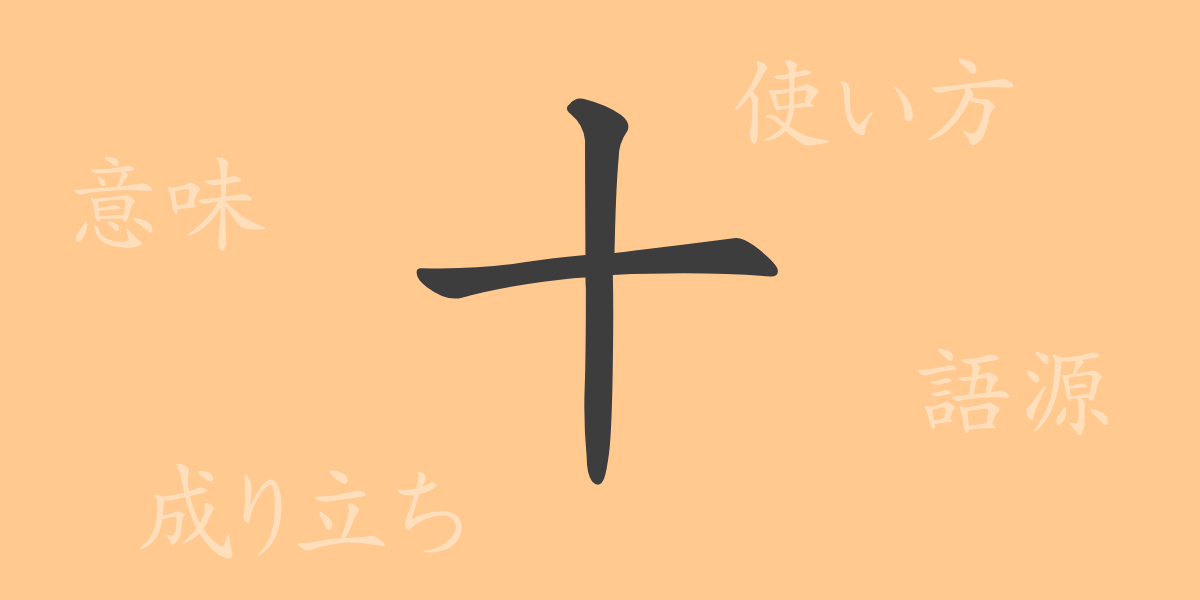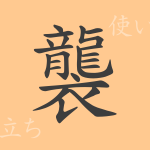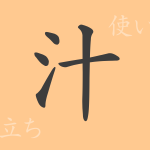In Japanese culture, kanji characters are more than just symbols; they embody history, meaning, and play a significant role in daily life. Today, we will focus on one of the most fundamental and symbolic kanji characters, “十(じゅう, juu)”. This article will delve into the origins, uses, and examples of “十(じゅう, juu)” to uncover its rich significance.
十(じゅう, juu)の成り立ち(語源)
The kanji “十(じゅう, juu)” originated as one of the most basic numbers in the ancient Chinese numerical system. This character evolved from oracle bone script, where ten lines were stacked to represent the number ten, leading to its current form. The simple shape of intersecting lines signifies completeness and perfection, which is why the number “10” holds special significance in many cultures.
十(じゅう, juu)の意味と用法
“十(じゅう, juu)” represents the number ten and functions as a cardinal number. It also conveys completeness and is used to indicate a large quantity. For example, “十分(じゅうぶん, juubun)” means sufficient, based on the standard of ten, and “十二分(じゅうにぶん, juunibun)” implies more than enough, denoting abundance beyond ten.
十(じゅう, juu)の読み方・画数・部首
The simplicity of the kanji “十(じゅう, juu)” makes it easy for beginners to learn.
- 読み方: 音読みでは「ジュウ(じゅう, juu)」、訓読みでは「とお(to-o)」と読みます。
- 画数: 「十(じゅう, juu)」は2画の漢字です。
- 部首: 「十(じゅう, juu)」自体が部首であり、「十部(じゅうぶ, juubu)」と呼ばれます。
十(じゅう, juu)を使った熟語・慣用句・ことわざとその意味
There are many idioms and proverbs containing “十(じゅう, juu)” that carry rich meanings. For instance, “十人十色(じゅうにんといろ, juunin toiro)” expresses that each person has their own tastes and preferences, literally translating to “ten people, ten colors”. “十八番(おはこ, ohako)” refers to one’s specialty or best skill, derived from the idea of “number eighteen” being a favorite or special number.
十(じゅう, juu)についてのまとめ
The kanji “十(じゅう, juu)” encompasses far more meanings than its simple form suggests. As a basic kanji representing the number ten, it also reflects deep cultural and philosophical values in Japanese society. Through this article, we hope you have gained an appreciation for the profound depth of “十(じゅう, juu)”.

























